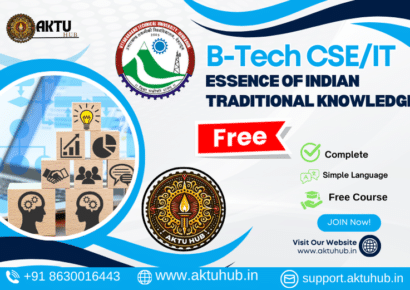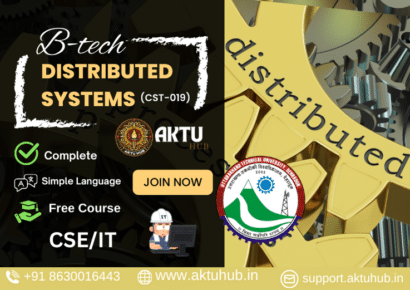Currently Empty: ₹0.00
Programming for Problem Solving (PPS) (CST-001)
- All Levels
- 35
- January 4, 2025
- Certificate of completion

About Course
Programming for Problem Solving (CST-001) Syllabus:-
UNIT-I: INTRODUCTION
Introduction to Programming: Computer system, components of a computer system, computing
environments, computer languages, creating and running programs, Algorithms, flowcharts.
Introduction to C language: History of C, basic structure of C programs, process of compiling and
running a C program, C tokens, keywords, identifiers, constants, strings, special symbols, variables, data
types, I/O statements.
UNIT-II: OPERATORS, EXPRESSIONS AND CONTROL STRUCTURES
Operators and expressions: Operators, arithmetic, relational and logical, assignment operators, increment
and decrement operators, bitwise and conditional operators, special operators, operator precedence and
associativity, evaluation of expressions, type conversions in expressions.
Control structures: Decision statements; if and switch statement; Loop control statements: while, for and
do while loops, jump statements, break, continue, goto statements.
UNIT-III: ARRAYS AND FUNCTIONS
Arrays: Concepts, One dimensional array, declaration and initialization of one dimensional arrays, two
dimensional arrays, initialization and accessing, multi dimensional arrays, Basic Algorithms: Searching,
Basic Sorting Algorithms- Bubble sort, Insertion sort and Selection sort.
Functions: User defined and built-in Functions, storage classes, Parameter passing in functions, call by
value, Passing arrays to functions: idea of call by reference, Recursion, as a different way of solving
problems. Example programs, such as Finding Factorial, Fibonacci series, Ackerman function etc, Quick
sort or Merge sort.
UNIT-IV: STRINGS AND POINTERS
Strings: Arrays of characters, variable length character strings, inputting character strings, character
library functions, string handling functions.
Pointers: Pointer basics, pointer arithmetic, pointers to pointers, generic pointers, array of pointers,
functions returning pointers, Dynamic memory allocation.
UNIT-V: STRUCTURES AND FILE HANDLING
Structures and unions: Structure definition, initialization, accessing structures, nested structures, arrays of
structures, structures and functions, self referential structures, unions, typedef, enumerations.
File handling: command line arguments, File modes, basic file operations read, write and append,
example programs.
Course Content
UNIT-I: INTRODUCTION
-
Introduction to Programming
-
Computer system
-
Components of a computer system
-
Computing environments
-
Computer languages
-
Creating and running programs
-
Algorithms
-
Flowcharts
-
Introduction to C language
-
History of C Programming Language
-
Basic structure of C programs
-
Process of compiling and running a C program
-
C tokens
-
Identifiers
-
Keywords
-
Constants
-
Strings
-
Special symbols
-
Variables
-
Data types
-
I/O statements
-
Unit 1 Test







gangwar Shivam